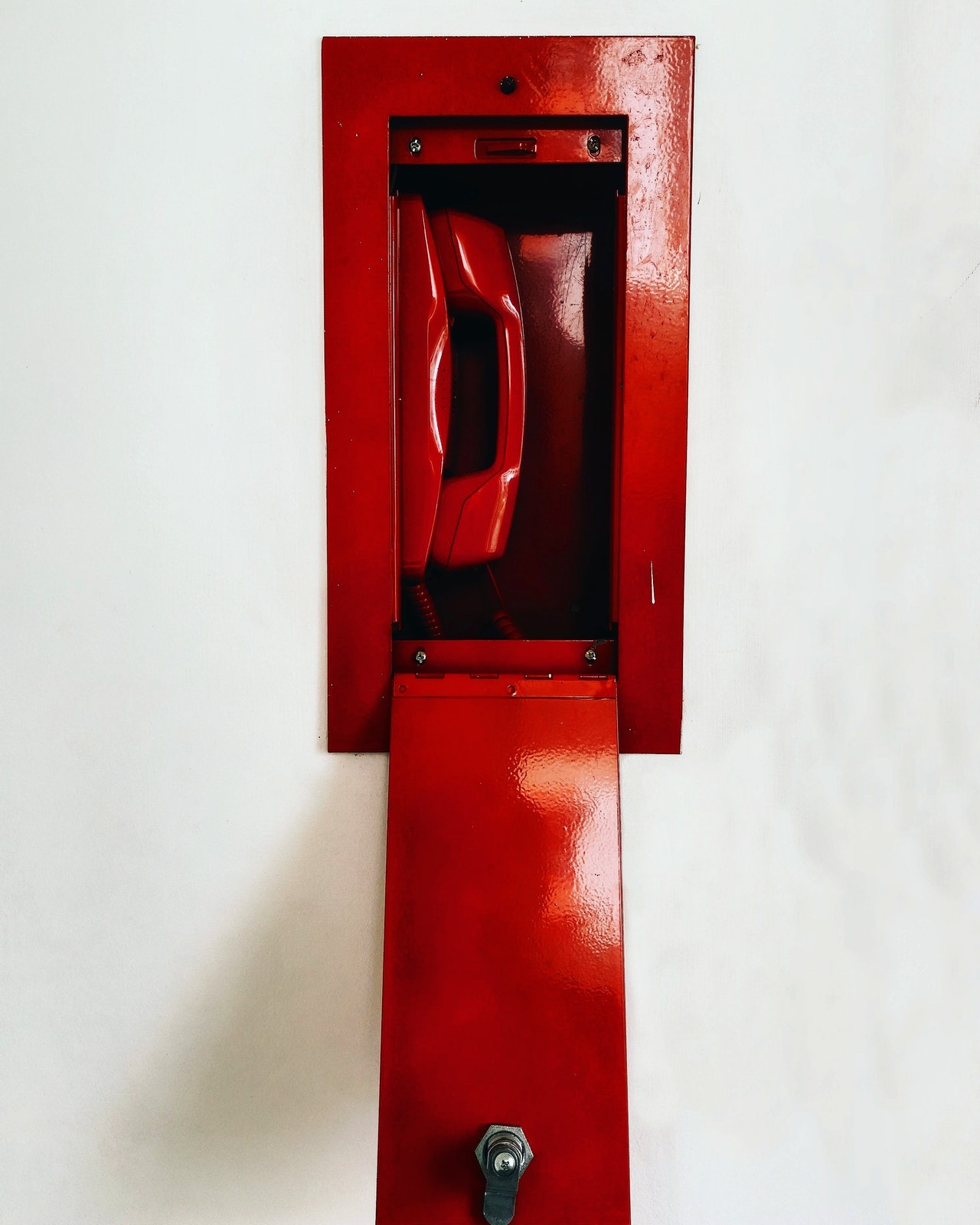Creating A Client Crisis Plan


You can't plan a crisis. But you can plan for a crisis happening. Developing a crisis plan is vital for your clients. We'll help you set one up.
Planning for a crisis is rarely at the top of a client's to-do list. Some clients might believe crises never occur, or they are strong enough to manage one successfully without a plan.
Unfortunately, most people with chronic mental illnesses or substance use issues struggle with crises and need to develop a plan to cope with a crisis when it arises.
What Is a Crisis?
The first step to creating a crisis plan with your clients is helping them identify what a crisis is. They have already experienced problems but may not have labeled them as crises. Critical questions during crisis planning involve asking your client about their behaviors during times of extreme duress and pushing them to assess whether or not those behaviors helped or hindered the situation.
Ask your client specifically about drug or alcohol use, sleep, eating, and how they coped with the struggles of daily living to help you and your client identify what signals the beginning of a crisis. These questions will also help identify emotional signals of crises.
Another benefit of identifying these behaviors is the act of understanding triggers and remembering the events leading to crisis behaviors. Understanding triggers is critical in developing crisis prevention plans. By naming the triggers, you open a conversation about coping with them.
Unfortunately, understanding triggers and behaviors leading to a crisis does not permanently eliminate the development of a crisis. This is why having a crisis plan in place is paramount for your client's safety and relapse prevention.
Emergency Contacts
A crisis plan should include emergency contacts and a list of emergency phone numbers, including recovery-supportive friends and family, a nurse hotline, and the local or national suicide hotline. Having a list of numbers readily available is helpful for the client, not only to have the names but numbers of people who can help.
The crisis line is also necessary in case the client is experiencing shame about calling someone they know or is unable to reach someone else on their list.
Treatment Options
As you discuss the importance of having people to call while in crisis, you also need to discuss therapeutic care. Discuss treatment options and discuss a treatment plan for if they cannot give informed consent in their moment of crisis. Having a Psychiatric Advance Directive may be beneficial for your clients. Provide them with information on creating one and have it available to provide to hospitals or other treatment centers.
Ask about medications and treatment modalities they are willing to accept during a crisis to eliminate confusion when the client is with other providers. Ask where your client prefers to be treated. There may be facilities or modalities the client doesn't want to use for their treatment. So, ask your client for preferences regarding not only where they want to be treated, but medication and modalities as well are essential for a crisis plan.
Recognize Other Obligations
Recognize the importance of your client's values. Your client has obligations whether they are in crisis or at home. Help your client develop a plan to deal with these obligations should an emergency arise. Ask your client about people who can check their mail, water plants, take care of animals, or pay their bills. Treating a crisis is important, but one must also recognize the after-effects of a crisis at home if these other obligations are not managed.
Your Client Is Not Alone
Developing a crisis plan can sometimes feel overwhelming to your client and make them feel as though they are alone. They may look at their family and friends and wonder why they must develop a crisis plan when no one else does and so feel isolated. Reassure them that many people, even those without mental health conditions, develop crisis plans. Being healthy is not just about functioning well but about knowing your limits and planning for when you have exceeded your ability to cope. Remind your clients they are not alone in needing to prepare for a crisis.
Crisis Planning Is a Part of Self-Care
Good self-care requires recognition of your limits. Part of crisis planning is understanding triggers and planning ways to cope before a crisis occurs. A good crisis plan helps avoid a crisis. However, essential to any crisis plan is understanding how you want to be treated in a crisis. Having a crisis plan is critical for your clients and yourself, as you are an example for your clients. Part of self-care involves understanding triggers and knowing how you want yourself and your life to be managed if you are in a place where your thinking is compromised.
Neither you nor your clients are immune to crisis, which is why having a crisis plan is essential for everyone. You can plan to avoid a crisis, but that is not always possible, so you must know how to handle one if and when it comes. Good self-care requires planning on how to care for yourself in your most flawed moments.
Crises Are Never Planned … But Can Happen At Any Time
Developing a crisis plan with your clients is critical for overcoming substance use issues and co-occurring disorders. If you have a client struggling with addiction to alcohol or drugs, The Forge Recovery Center offers help and support for your client. We offer holistic and clinically driven treatment to help your clients, planning for them to overcome addiction to alcohol and/or other substances.
Reach out to us at The Forge today and learn how we can help your client move from a crisis to a fulfilling life.
Are You Struggling with Mental Health or Addiction?
We Can Help. Call Us Now!
CALL: 877-839-1772





